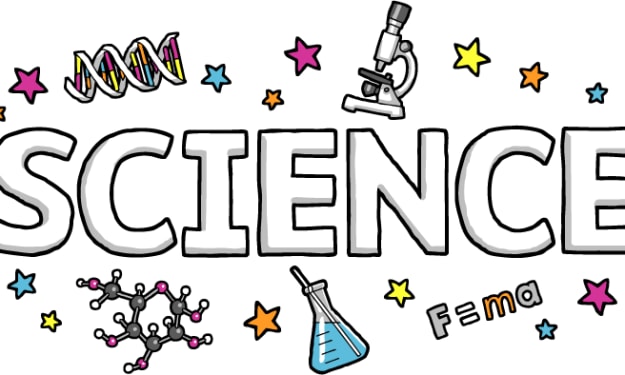
Breathing, something that appears to be natural and simple, is actually something that most people do wrong. It is likely that you have been breathing incorrectly for 95% of your life. Today, we will discuss the topic of breathing and breath work, and what science has to say about it. Firstly, is there a correct way to breathe in everyday life that can optimize your body and brain, or can it harm you if done incorrectly? Secondly, can practicing breath work lead to improved health, reduced anxiety, and increased happiness? Lastly, we will share a simple breathing technique that has been scientifically proven to calm the nervous system and reduce stress within seconds to minutes.
Let's begin by understanding what happens to your body when you breathe. Besides the oxygen entering your bloodstream and the removal of waste gases like CO2, each breath activates numerous nerves in your body. When you inhale, the sympathetic nervous system is activated, causing an increase in heart rate and the release of noradrenaline, which can make you more alert. On the other hand, when you exhale, the parasympathetic system is triggered, leading to relaxation. Interestingly, every inhalation causes your diaphragm to move down and stretch the heart slightly, making it larger. As a result, blood travels a bit slower, and your brain signals your heart to beat faster. Conversely, during exhalation, the heart becomes slightly smaller, pushing the blood through faster, and the brain instructs the heart to slow down. By focusing on your exhalation, you can actually lower your heart rate and increase parasympathetic activity, ultimately inducing a state of calmness. Additionally, there is evidence that slow breathing can increase the activity of the neurotransmitter Gaba in your brain, further promoting relaxation.
In conclusion, the realm of scientific inquiry into the dynamics of breathing has uncovered a wealth of insights that underscore the profound significance of this seemingly mundane physiological process. From the intricate interplay of neural signals orchestrating each inhalation and exhalation to the far-reaching implications for physical and mental well-being, science has illuminated the multifaceted role of breathing in our lives.
Research has demonstrated that conscious control of breathing can profoundly influence our physiological and psychological states, offering a gateway to stress reduction, improved cognitive function, and enhanced emotional well-being. Furthermore, investigations into respiratory therapies have unveiled promising avenues for treating various health conditions, from respiratory disorders to anxiety and sleep disorders.
As science delves deeper into the mechanisms and benefits of mindful breathing practices, it becomes increasingly clear that cultivating an awareness of our breath holds transformative potential for individuals seeking to optimize their health and performance. The convergence of ancient wisdom with modern scientific understanding emphasizes the enduring relevance of something as fundamental as the breath in our pursuit of a balanced and fulfilling life.
In essence, science tells us that breathing is far more than an automatic bodily function—it is a dynamic and influential force that, when harnessed consciously, has the power to shape our physical health, mental well-being, and overall quality of life. As we continue to explore the intricate tapestry of respiratory science, it is evident that the breath serves as a constant reminder of the profound connection between mind, body, and the pursuit of a harmonious existence.






Comments
There are no comments for this story
Be the first to respond and start the conversation.